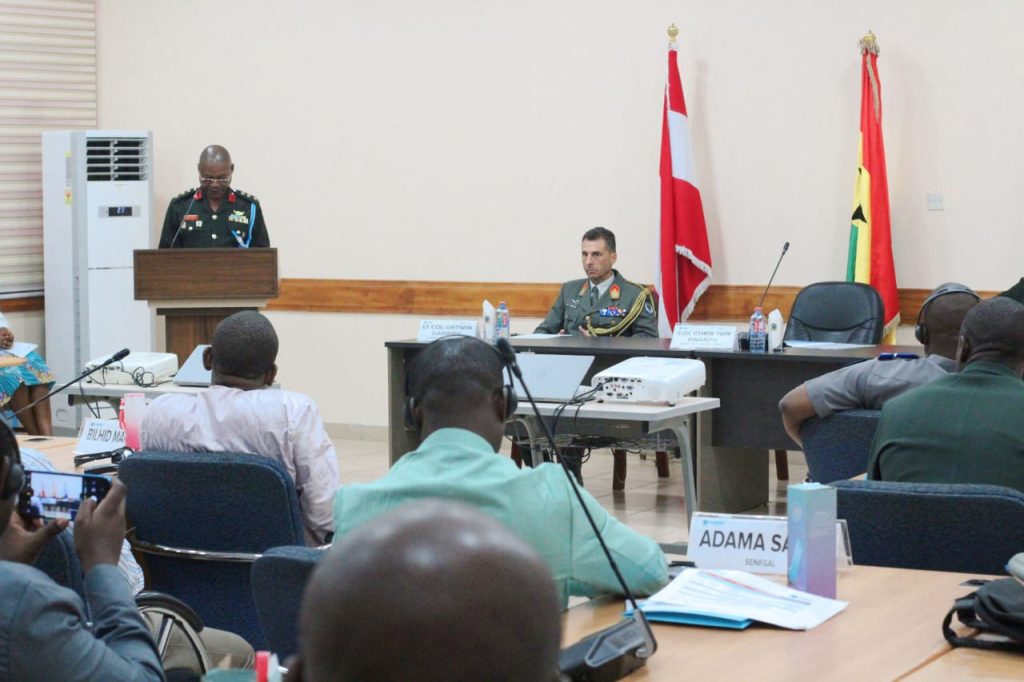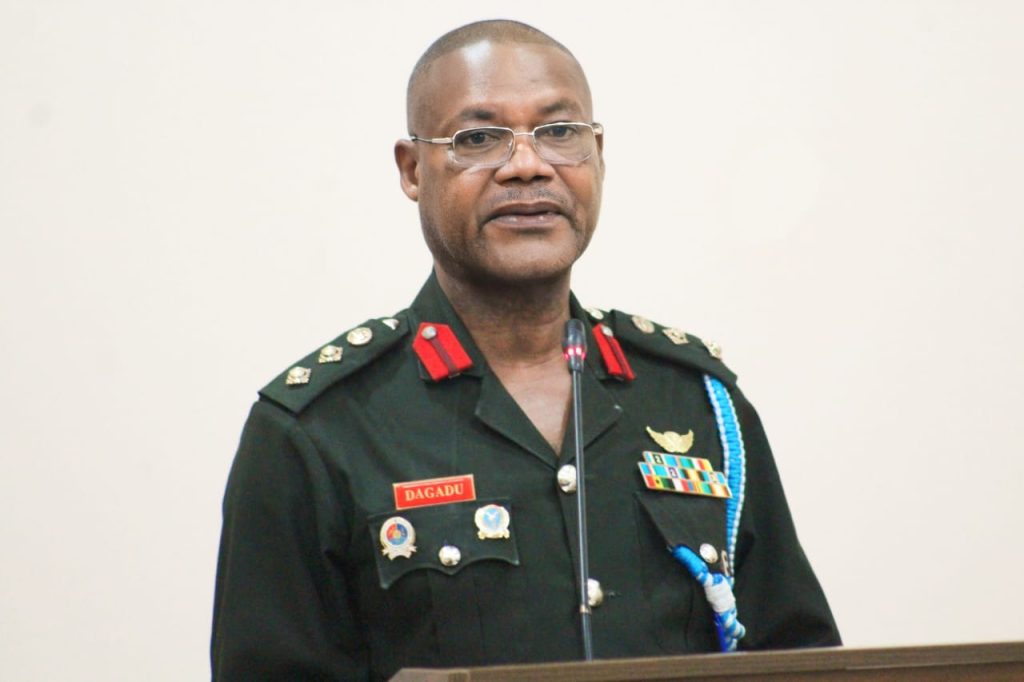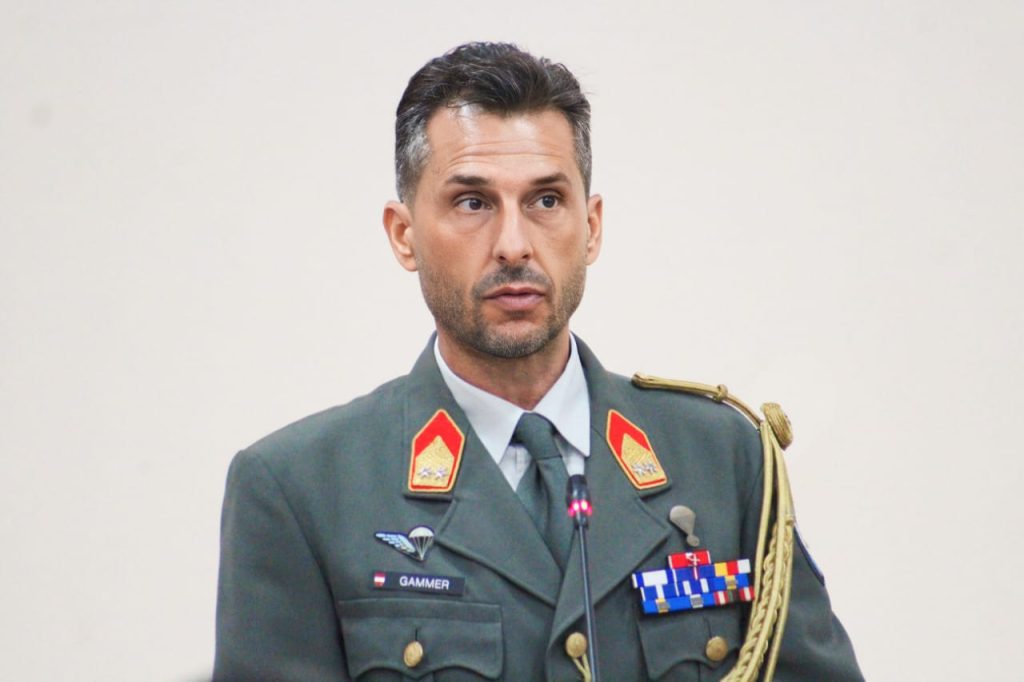By James Amoh Junior
Accra, Sept. 28, GNA – The Kofi Annan International Peacekeeping Training Centre (KAIPTC) has begun the Humanitarian Assistance in West Africa (HAWA) Core Course in Accra, Ghana.
The two-week course, the twelfth in a series and third after a recent review, aims to strengthen capacities for effective humanitarian assistance by providing participants with thorough knowledge and skills of the humanitarian sector.
It aims at enhancing interaction and mutual understanding between actors from civil protection authorities, security forces, and Non-Governmental Organisation (NGOs) involved in humanitarian assistance and disaster relief in the Economic Community of West African States (ECOWAS).
Set at the operational level, the course targets a mixed group of mid-level humanitarian professionals from state authorities (national and local governments, Ministries, Emergency Management Agencies), NGOs, Civil Society Organizations and members of the Red Cross/Red Crescent movement, as well as security agencies directly or indirectly involved in humanitarian action.
The HAWA Core Course will provide a thorough introduction to Humanitarian Assistance; including Humanitarian Actors and their mandates, roles and modes of operation; the Disaster Risk Management Cycle, Typology of Disasters, Components of Humanitarian Action, Humanitarian Principles, Standards and Codes of Conduct, the Do no harm approach and International Humanitarian Law.

The overall project is gender mainstreamed to provide institutional guidelines on the integration of gender equality in humanitarian assistance.
Premised on the “Austrian 3C Approach”, which aims at the development of coherent, coordinated, and complementary engagement of governmental and non-governmental actors in international crisis situations, the group of participants is gender balanced and composed of mid – level civil, police, and military professionals in humanitarian assistance and disaster relief operations in the ECOWAS region, either at the local, national, or regional level.
Major General Richard Addo Gyane, the Commandant of KAIPTC, in a speech was read on his behalf by Colonel Chris Dagadu, Chief Coordinator of the Centre, said Africa’s population was vulnerable to the effects of widespread food insecurity, recurrent natural disasters, climate change, the global economic crisis, socio-political instability among others.
“The effects and humanitarian consequences of natural and human-made disasters are diverse and plentiful, including large population movements, destruction of property and key socio-economic infrastructures, epidemics, exacerbated food insecurity and the weakening of already fragile coping capacities of states and communities,” he said.

Therefore, the course, the Commandant said, would contribute to several strategic objectives of the ECOWAS Humanitarian Policy and Action Plan, the ECOWAS Disaster Risk Reduction Gender Strategy and Action Plan 2020-2030, as well as the European Union Action Plan on Women, Peace and Security among others.
He said the need for coordinated measures was indispensable especially in emergencies which required civilian, police and military actors to work side by side for effective disaster relief and assistance.
Maj Gen Gyane thanked the Austrian Government, particularly the Austrian Centre for Peace and the Austrian Federal Ministry of Defense, for supporting the Centre’s joint effort to strengthen peace and security in Africa.
Lt Col Ortwin Gammer, Assistant Defence Attache, said ten years ago, Austria, recognising the challenges the West African sub-region faced in humanitarian assistance, partnered with the KAIPTC to research into humanitarian assistance and to develop tailor-made pragramme to equip stakeholders in the humanitarian industry.

He said the course would provide a gender responsive climate action in humanitarian assistance which seeks to help address the existing gap in shaping a gender-responsive, rights-based approach to climate action.
Lt Col Gammer, also the Humanitarian Assistance Course Director, said, “The impact of climate change, conflict, malnutrition, flooding, among others, required humanitarian assistance.”
Thus, he said, the training would critically explore and reflect on the nexus of climate change, conflict and gender, and find ways of addressing them by ensuring that gendered dimensions were included in the development of humanitarian initiatives.
GNA